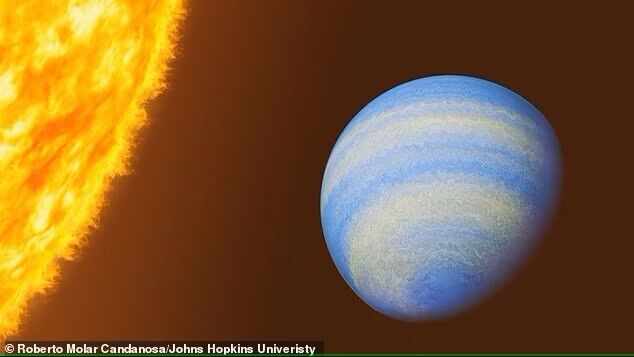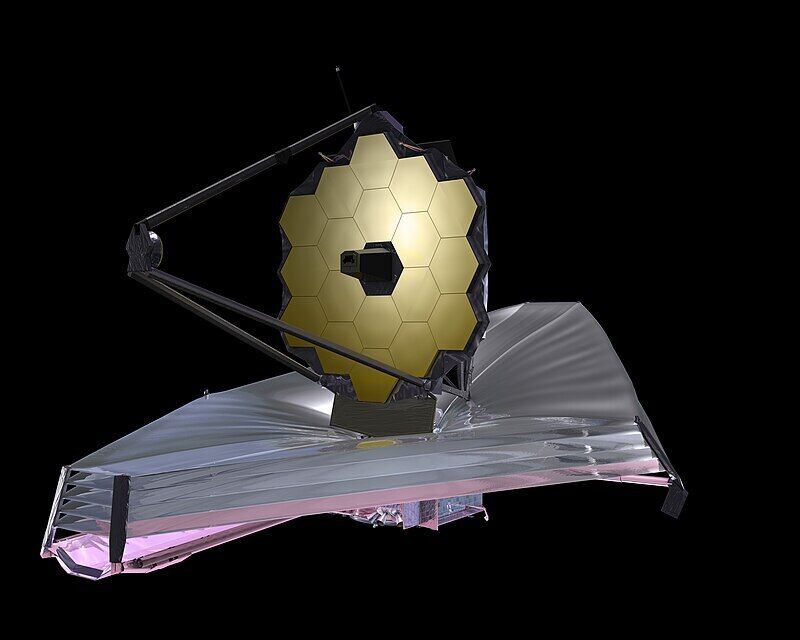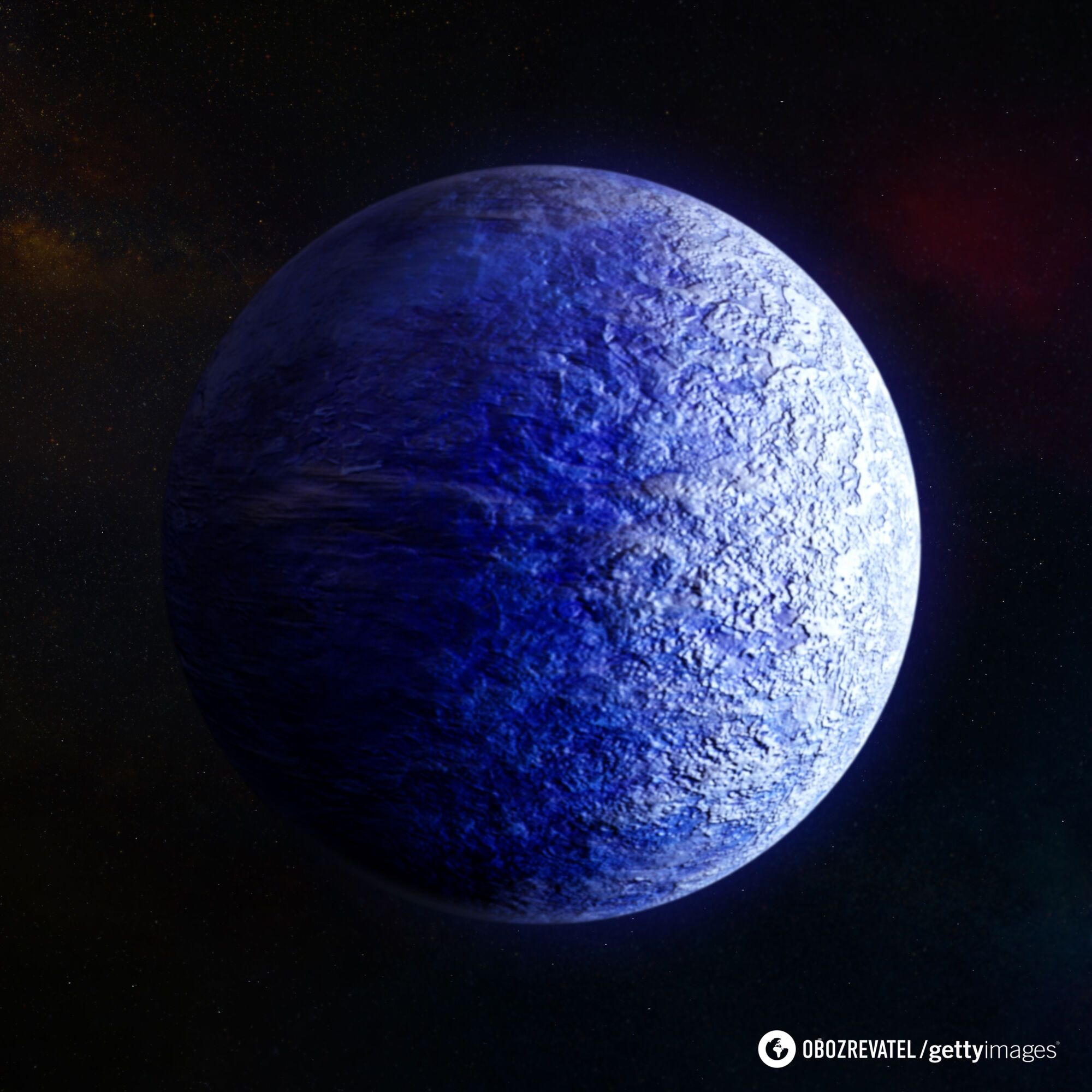News
Astronomers have discovered a Jupiter-sized exoplanet that "smells like rotten eggs." Photo
Scientists have discovered a large exoplanet the size of Jupiter at a distance of 64 light-years from Earth. Its peculiarity is that this gas giant contains hydrogen sulfide in its atmosphere, which, even at low concentrations, gives off the stench of rotten eggs.
Despite the fact that this discovery has a "smell," it is important. After all, it gives scientists new clues about how sulfur can affect the composition of gas worlds outside the solar system, writes DailyMail.
A planet called HD 189733 b was discovered back in 2005. It is an exoplanet, meaning it orbits a star outside our solar system.
This giant is known for its unbearable weather. It is dominated by fog and a burnt atmosphere containing clouds decorated with glass and hot temperatures exceeding 900 degrees Celsius.
Researchers from Johns Hopkins University have analyzed data collected by the James Webb Space Telescope as part of their new study.
Infrared wavelength observations revealed the composition of the atmosphere.
"Hydrogen sulfide is the main molecule we didn't know about. We are not looking for life on this planet because it is too hot. But finding hydrogen sulfide is a stepping stone to finding this molecule on other planets and to better understand how different types of planets form," said lead author Guangwei Fu.
Sulfur is a vital element for building more complex molecules like carbon, nitrogen, oxygen, and phosphate. Scientists will need to make more efforts to study this gas giant in detail to fully understand how planets are created and what they are made of.
In the coming months, Dr. Fu's team plans to track sulfur on more exoplanets. Scientists want to find out how close these planets are to their parent stars.
Only verified information is available on the OBOZ.UA Telegram channel and Viber. Do not fall for fakes!






























